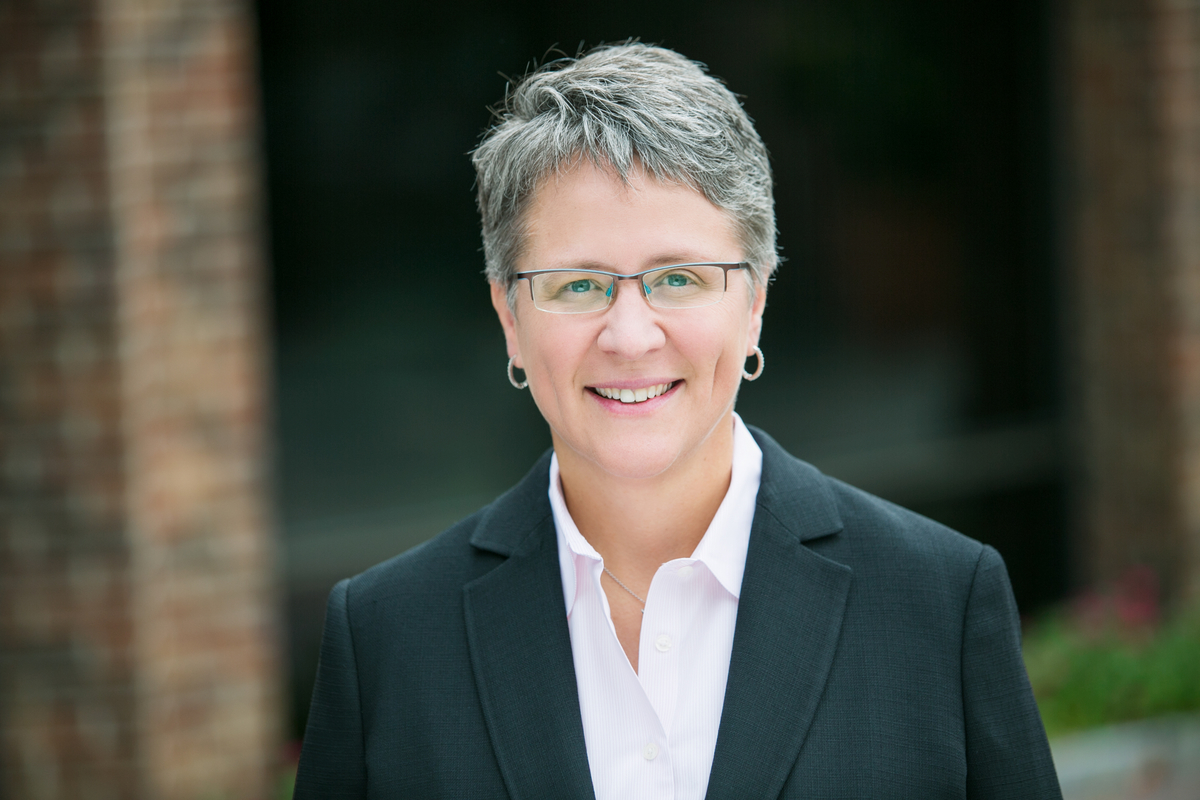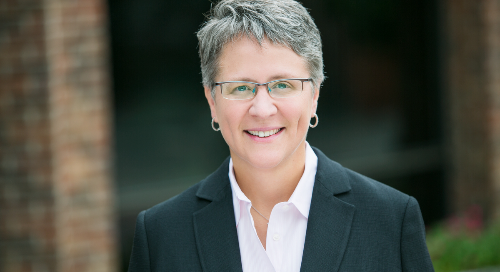By Michelle Ryan, Aledade Board of Directors, Chair of the Audit Committee
I’ve been very fortunate to have the chance to work for nearly three decades at “the world’s largest health care company.” Johnson & Johnson is a nearly $500 billion market-cap company involved in the research, development, manufacture, and sale of countless health care products. At J&J, employees have a deep sense of pride and motivation in improving health care access and affordability and creating healthier communities globally.

Over the past year, as I began to look at other organizations where I could contribute my skills and experiences, I kept coming back to this company called Aledade. As J&J’s Treasurer, I was drawn instantly to the financial fundamentals of Aledade’s mission. In the United States today, we spend about $3 trillion in health care annually. Economists estimate that nearly $1 trillion of that spending is wasted. Health care costs are rising for families all across the country, yet we are not seeing the improvements in care or outcomes to justify that kind of spending.
How do we change that? Aledade has a simple and powerful answer – independent, empowered primary care. Primary care professionals all across the country direct nearly 85 cents of every dollar spent in health care through referrals and coordination of care. But we only invest about a nickel in these quarterbacks of the health care system. If we can change that dynamic, invest more in independent practices, give them the tools they need to coordinate their patients’ care, and the financial models to reward them for keeping patients healthy, we can truly bend the cost curve in American health care. And we can do it the right way. Practices working with Aledade have already proven that.
Something else struck me about this company. Every person I spoke with brought such energy and passion to their work – like they were powered by this singular commitment to changing our health care system for the better. It was exciting, and hard to not feel that passion myself. Culture can make or break a lot of companies in this work, and the culture here is strong.
But there was one part of Aledade that I just couldn’t figure out. There was more of a calling in the back of my mind. I’m a person who approaches my decisions logically, and it bugged me that I couldn’t quite put my finger on why I kept coming back to Aledade.
That’s when I connected Aledade’s mission to my own story. Six years ago, my dad went through his own health care struggle. He eventually passed away peacefully in hospice, but the six months leading up to that were chaos. I’m pretty knowledgeable about our health care system but even I could hardly make sense of the maze of providers and prescriptions that came at my dad. There’s something about not feeling like you have a quarterback in this system – or a guide to help you navigate it. It causes so much anxiety for a family. In the midst of it, you feel like you’re just being tossed around in the surf, with no sense of what is up or down. It’s frustrating and confusing at a time when all you want is comfort and clarity.
That’s why I’m excited to see Aledade’s new work with Iris Healthcare, which will help ensure that more patients get the benefit of Comprehensive Advance Care Planning – giving them the chance to decide what kind of care they want for themselves in those final moments of life. It’s the type of care that’s better for patients, better for the doctors who want to bring their patients peace, and better for our whole society.
The sad fact is that nearly everyone has a story like my dad’s. The system of health care can all too often leave families behind, and drain that sense of pride that health care professionals rely on – the same sense of pride that drew them to their work in the first place.
We have to do something different. Here at Aledade, I see the mission, the vision, and the people who are helping us chart that new path. And it starts with empowered, independent primary care.


